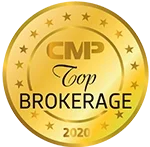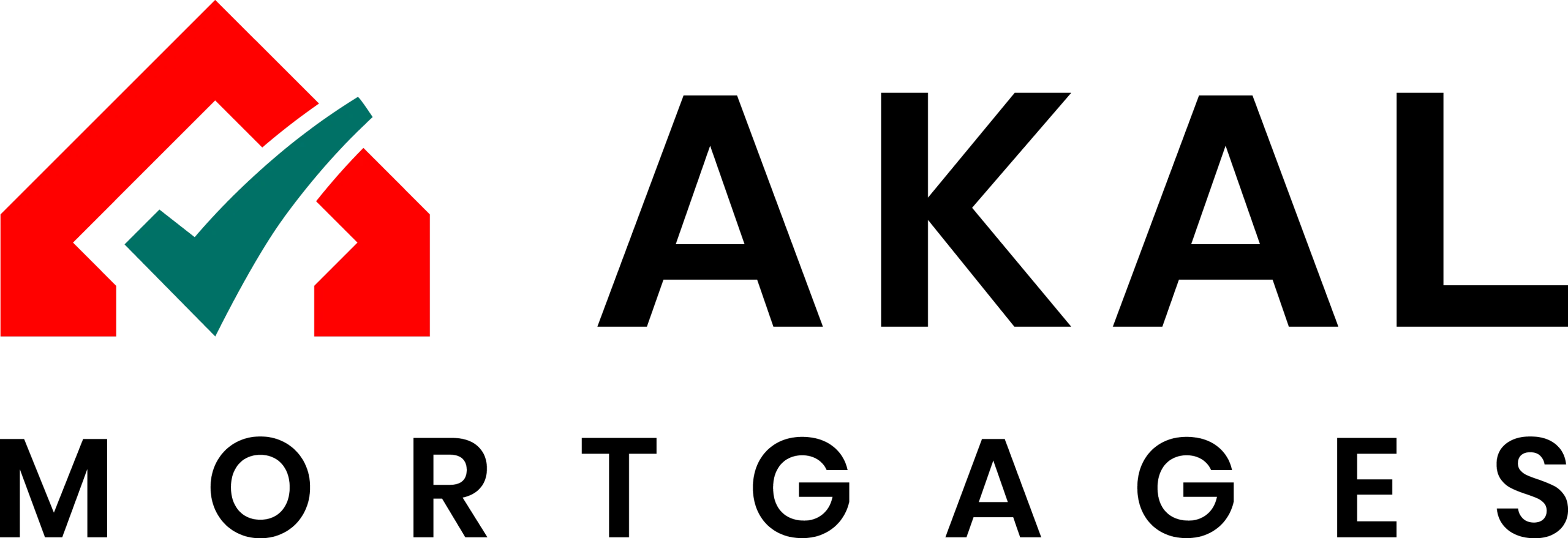Buying commercial property in Canada can be an exciting and profitable investment — whether you’re purchasing office space, a retail unit, an industrial warehouse, or even vacant land for future development. But one of the most common questions investors ask is: “How much deposit do I need for a commercial mortgage?”
The answer isn’t one-size-fits-all. Commercial mortgages differ significantly from residential ones, and lenders assess each application based on property type, borrower profile, and risk. In this guide, we’ll walk you through everything you need to know about commercial property down payments, commercial mortgage loan rates, and how to prepare financially for your next investment.
Understanding Commercial Mortgages in Canada
A commercial property mortgage is a loan secured against real estate used for business or investment purposes. It could be an office building, retail plaza, warehouse, apartment complex, or undeveloped commercial land. Unlike residential mortgages, where borrowers typically occupy the property, a commercial loan on property is designed for income generation or business operations.
Lenders consider these loans higher risk because they depend on business performance or rental income. As a result, the requirements — including the deposit — are generally stricter, and the interest rates are higher than those for traditional home loans.
How Much Deposit Do You Need for a Commercial Mortgage?
In Canada, most lenders require a commercial property down payment of 20% to 50% of the property’s purchase price. The exact amount depends on several factors, including the type of property, its location, your creditworthiness, and the nature of your business.
Here’s a general breakdown:
| Owner-Occupied Commercial Property | 20% – 35% |
| Investment or Rental Property | 25% – 50% |
| Commercial Land Mortgage | 35% – 50% |
| Special-Use Property (e.g., hotels, gas stations) | 35% – 50% |
The higher the perceived risk, the larger the deposit lenders require. For example, a well-established business purchasing its own office building may secure a 25% down payment, while a startup buying land for future development might need at least 40%.
Also read: How to Become Debt-Free
Why Are Commercial Mortgage Deposits Higher?
There are a few reasons commercial real estate down payments are higher than residential ones:
- Higher Risk for Lenders
Business income can fluctuate based on market conditions, making repayment less predictable than a salaried individual’s income. Larger deposits reduce the lender’s risk exposure. - Property Value Volatility
Commercial property values can be influenced by the economy, demand for office or retail space, and changes in interest rates. A higher down payment provides a cushion against market dips. - No Mortgage Default Insurance
Unlike residential mortgages, commercial loans can’t be insured by CMHC or private insurers. This means the lender bears full risk, and higher deposits act as protection. - Customized Financing Terms
Commercial loans are often negotiated individually rather than standardized. The deposit amount reflects both the borrower’s financial strength and the lender’s comfort level.
Also read: Can B Lender Help If You Have Bad Credit?
What Factors Influence the Deposit You’ll Need?
When applying for a loan on commercial property, lenders evaluate several factors before deciding the required deposit:
1. Type of Property
Office buildings, retail spaces, industrial properties, and vacant land all carry different risk levels. For instance, commercial land mortgages often require the highest deposits because there’s no existing cash flow.
2. Borrower’s Financial Strength
Lenders will assess your personal and business credit scores, financial statements, and debt service ratios. Strong finances and a consistent income stream can help you secure a lower deposit and better interest rate.
3. Property Income Potential
If the property generates rental income, lenders may review lease agreements and tenant quality. Stable, long-term tenants can reduce perceived risk and lower your required down payment.
4. Loan-to-Value Ratio (LTV)
The loan-to-value ratio is the percentage of a property’s value that’s financed by the mortgage. For example, if your lender offers a 70% LTV, you’ll need to cover the remaining 30% as your commercial property down payment.
5. Business Experience and Stability
A proven business track record reassures lenders that you can manage both operations and loan obligations. Startups may face stricter terms or be required to post higher deposits to offset limited business history.
Commercial Mortgage Loan Rates in Canada
Commercial mortgage loan rates in Canada typically range from 5.5% to 12%, depending on the lender, property type, and borrower profile. Factors influencing these rates include:
- Credit score and financial health of the borrower
- Property condition and appraised value
- Loan term and amortization period
- Purpose of the loan (owner-occupied vs. investment)
- Current market interest trends
Traditional banks usually offer lower rates to borrowers with strong financials, while alternative lenders and private lenders tend to have higher rates but more flexible approval criteria.
Because commercial mortgage loan rates can significantly affect long-term affordability, it’s essential to compare multiple lenders and understand all associated fees — such as appraisal costs, legal fees, and lender setup charges.
How to Prepare for a Commercial Mortgage
If you’re considering a commercial property mortgage, taking the following steps can strengthen your application and improve your financing terms:
1. Organize Your Financial Documents
Prepare up-to-date financial statements, tax returns, and cash flow projections for your business. Lenders want clear proof that you can handle regular payments.
2. Save for the Down Payment
Aim to save more than the minimum deposit required — not only will this improve your approval odds, but it can also lead to better loan terms.
3. Evaluate Property Income Potential
For investment properties, gather details about tenant leases, current rents, and market demand. This helps demonstrate steady cash flow to the lender.
4. Compare Lenders and Mortgage Brokers
Not all lenders have the same criteria. Working with a commercial mortgage broker who understands the Canadian market can help you find competitive commercial mortgage loan rates and negotiate the best terms.
5. Consider Alternative Financing Options
If your business doesn’t qualify for a traditional commercial mortgage, you may explore options such as private lenders, vendor take-back (VTB) mortgages, or Small Business Financing Loans (CSBFP) backed by the Government of Canada.
Example: How Much Would You Need?
Let’s say you want to purchase a commercial building in Ontario valued at $1 million.
If your lender requires a 30% down payment, you’ll need $300,000 upfront, and the remaining $700,000 would be financed through a commercial loan secured by the property.
If you were buying commercial land for development, the lender might require 40–50% down — meaning you’d need $400,000–$500,000 in equity to secure the financing.
Final Thoughts
The deposit required for a commercial mortgage in Canada depends on many factors — from property type and income potential to your financial profile and the lender’s risk tolerance. Generally, you can expect a commercial property down payment of 20% to 50%, but being financially prepared can make all the difference.
Before moving forward, consult with our trusted commercial mortgage advisors who can assess your goals, explore lender options, and help you secure a commercial loan on property that fits your business plans.
Whether you’re buying your first commercial building or expanding your investment portfolio, understanding the commercial real estate down payment requirements and available commercial mortgage loan rates ensures you make a confident, informed decision toward long-term success.




